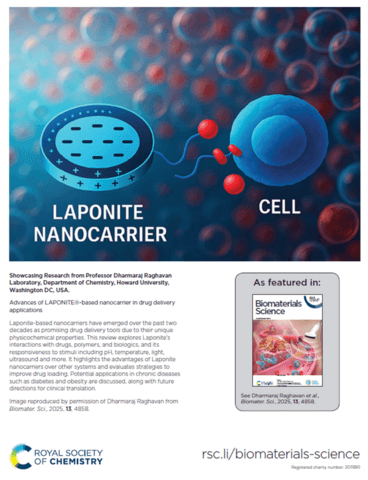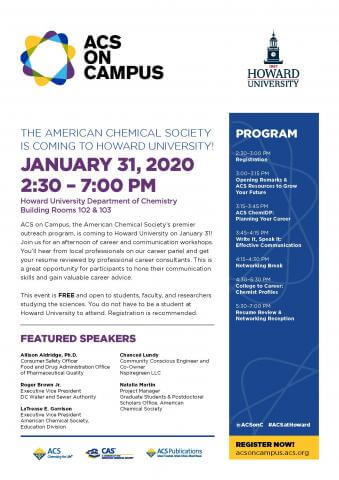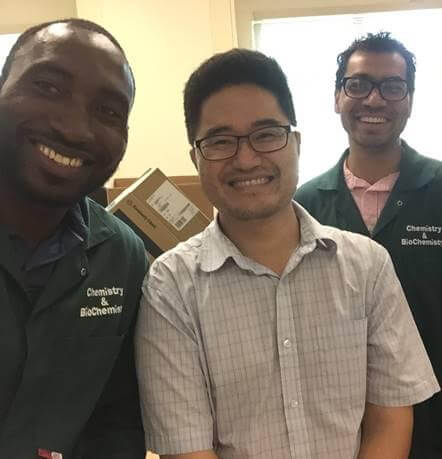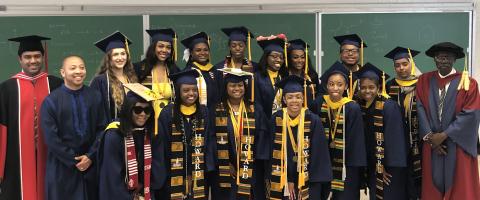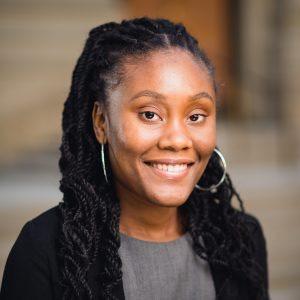News
Advances of LAPONITE®-based nanocarrier in drug delivery applications
Dharmaraj Raghavan et al., Biomater. Sci. , 2025, 13 , 4858.
Laponite-based nanocarriers have emerged over the past two decades as promising drug delivery tools due to their unique physicochemical properties. This review explores Laponite’s interactions with drugs, polymers, and biologics, and its responsiveness to stimuli including pH, temperature, light, ultrasound and more. It highlights the advantages of Laponite nanocarriers over other systems and evaluates strategies to improve drug loading. Potential applications in chronic diseases such as diabetes and obesity are discussed, along with future directions for clinical translation.
http://xlink.rsc.org/?DOI=D5BM00959F or to the Biomaterials Science homepage at https://pubs.rsc.org/en/journals/journalissues/BM.
**Chickasaw Aerospace Announces New Vice President of Operations**
Chickasaw Aerospace, LLC (dba Chickasaw Integrated Services, LLC) (CIS) is pleased to announce a significant addition to its leadership team. Effective June 16, 2024, Dianne Levermore Thorpe, PhD (BS HUCHEM 1995) will assume the role of Vice President of Operations. CIS is renowned for providing professional, technical, and operational support services to various government agencies.
Dr. Dianne Levermore Thorpe has been an outstanding contributor to Chickasaw Nation Industries (CNI) since joining the organization several years ago. Her tenure as Program Director has been characterized by exceptional vision, unwavering dedication, and strategic acumen. She has played a key role in the success of CNI's health practice area, driving substantial growth and enhancing the company's reputation for excellence. In her new role, Dr. Thorpe will oversee a diverse portfolio, steering CIS through its ongoing expansion.

